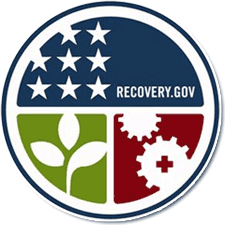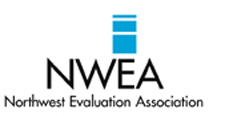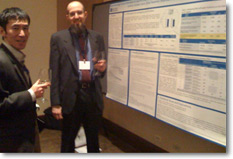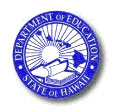New Directions for Research Discussed at Institute of Education Sciences Conference
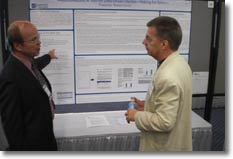
The Fourth Annual Institute of Education Sciences (IES) Research Conference was convened June 7 - 9 with an air of anticipation about new directions, as John Q. Easton began his term as director. Formerly executive director of the Consortium on Chicago School Research, he brings a new perspective to IES. While Dr. Easton is quoted in Education Week as saying he will retain the rigor that IES has made a priority, the Consortium’s work points to the importance of building local capacity for research to support reform. In a paper published online, he and his colleagues provide a clear and detailed rationale for their approach that includes the need for combining high quality research with the ability to cut through technical details to communicate both good and bad news to local decision makers.
Three Empirical Education staff members furthered this agenda of building capacity for local school and district evaluations in poster presentations at the conference. Dr. Robert Smith, the company’s vice president of engineering, outlined the company’s progress on MeasureResults™, a web-based evaluation solution for schools and districts. (Funding for the development of MeasureResults is from an IES Small Business Innovation Research grant.)
Dr. Denis Newman, the company’s president, and Andrew P. Jaciw, director of experimental design and analysis, presented their findings on the process of developing low cost, timely, and locally relevant experiments (funded by an IES research grant). Development efforts on MeasureResults continue through the Empirical Education team’s application of the knowledge gained from this project entitled “Low Cost Experiments to Support Local School District Decisions.” This project guides the team in developing decision makers’ understanding of, and building local capacity for, conducting evaluation research.



